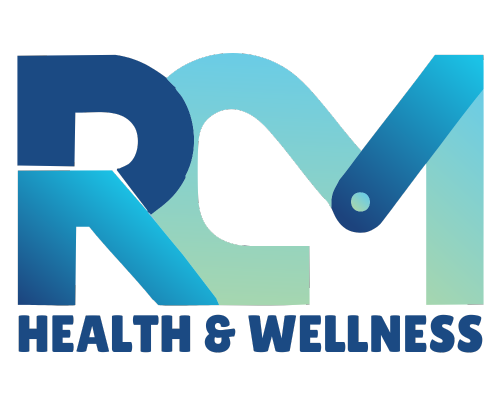PART 2: The Top Reasons for High Cortisol – What’s Really Causing the Spike?
Introduction: If you’ve been feeling wired but exhausted but can’t sleep, dealing with weight gain and stubborn belly fat, or battling brain fog and irritability, there may be one sneaky hormone at play: cortisol.
In Part 1 of our series, we introduced cortisol as your body’s main stress hormone—essential for survival, but harmful when chronically elevated. In Part 2, we’ll dive into the top causes of excess cortisol and how you can spot them before they sabotage your energy, sleep, and overall well-being.
1. Chronic Psychological Stress
Our bodies are designed to handle short bursts of stress (fight-or-flight)—but not the constant onslaught of modern life. Whether it’s work deadlines, relationship tension, or financial pressure, your body perceives chronic stress as danger, triggering a continuous release of cortisol.
Quick fact: Chronic Emotional stress is the #1 contributor to sustained cortisol elevation. (Harvard Health)
2. Sleep Deprivation or Poor Sleep Quality
Sleep and cortisol work hand-in-hand on a rhythm—when one is off, the other follows. Missing deep, restorative sleep (especially REM and deep sleep stages) throws your cortisol levels into chaos, often making you feel wired at night and sluggish in the morning.
A 2020 study found that even one night of poor sleep can elevate cortisol the next day. (National Library of Medicine)
3. Overexercising or High-Intensity Workouts Without Recovery
Exercise is a great stress reliever—but too much of a good thing can backfire. High-intensity workouts with inadequate rest increase cortisol production, especially if you’re training while under-eating or sleep-deprived.
Overtraining leads to adrenal overstimulation and elevated cortisol baseline levels. (Journal of Sports Science & Medicine)
4. Excess Caffeine
Love your coffee? So do we—but high doses of caffeine (especially on an empty stomach or throughout the day) can spike cortisol and keep it elevated. This disrupts both mood and sleep.
Studies show cortisol can rise by up to 30% after caffeine intake. (Psychosomatic Medicine)
5. Blood Sugar Imbalances (Sugar Spikes + Crashes)
Diets high in refined carbs and sugars cause your blood sugar to rise and fall rapidly. These crashes signal the body to release cortisol to stabilize blood sugar levels—leading to rollercoaster energy and cravings.
Insulin and cortisol have a push-pull relationship. Poor blood sugar control increases cortisol production. (Cleveland Clinic)
6. Medical Conditions & Medications
Certain conditions like Cushing’s syndrome, pituitary or adrenal tumors, and long-term corticosteroid use (like prednisone) can cause clinical elevations in cortisol. These require medical supervision.
Always consult a healthcare provider if you suspect a medical cause. (NIH: Cushing’s Syndrome)
Are You at Risk?
Here’s a quick self-check list:
– You feel exhausted but wired at night
– You crave sugar or salt daily
– You’ve noticed increased belly fat
– You often wake up between 2–4 AM
– You feel anxious or irritable without a clear reason
If you said “yes” to more than two, cortisol could be playing a bigger role than you think.
What’s Next?
In Part 3, we’ll explore the physical and mental side effects of high cortisol—including weight gain, anxiety, and even immune suppression. Knowing the signs is the first step toward reclaiming your health.
Bookmark this blog or follow us on Instagram @RCMHealthandWellness/blog so you don’t miss it.
💙 Stay balanced, stay well—
RCM Health and Wellness
🌐 rcmhealthandwellness.com/blog
